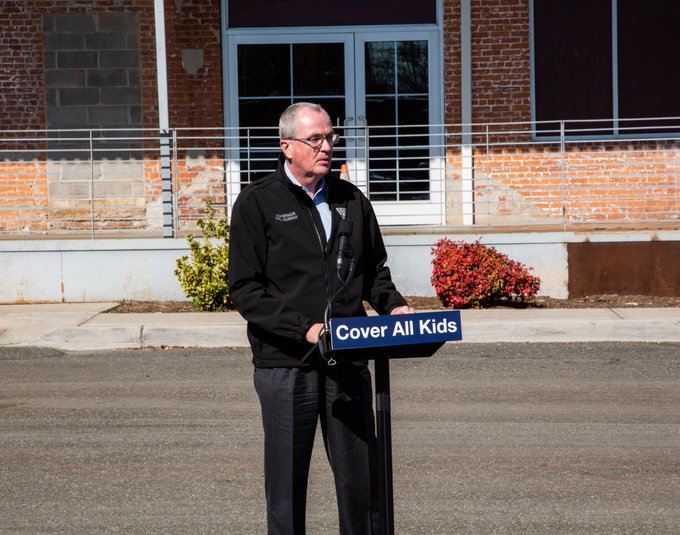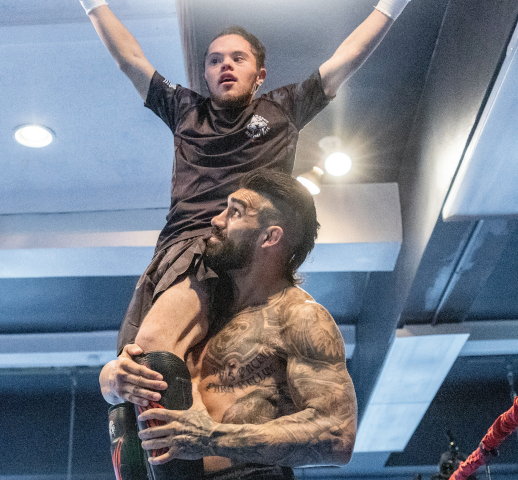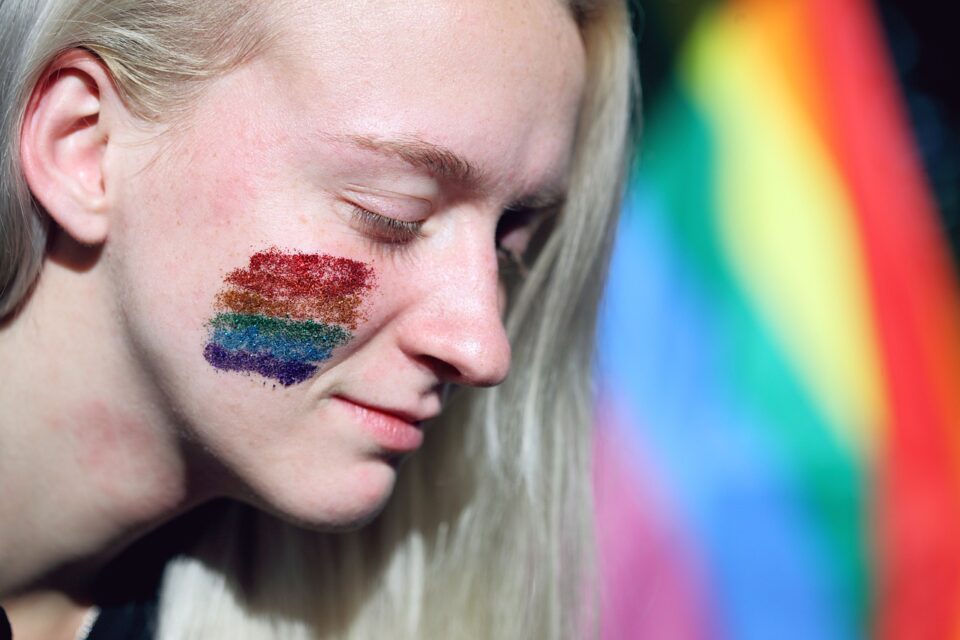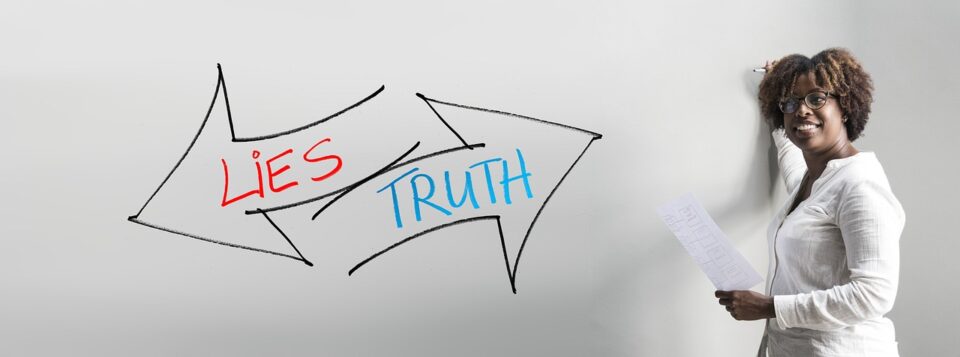
Murphy Steps Back Edict That All Schools Must Have Full-Time In-School Instruction in September
March 31, 2021
Inside Info From Asbury Park as Superintendent Takes Flight
March 31, 2021We Are Failing Our Black Children with Disabilities. Here’s How to Change That.
Lauren Morando Rhim is Executive Director and Co-Founder of The Center for Learner Equity. A researcher, consultant, and advocate, she has spent the last 25 years striving to identify strategies to create and sustain high quality public schools for all students.
While we continue to struggle to figure out how to educate students 12 months into the global pandemic, we cannot afford to lose sight of the pressing need to address concerns about disproportionate discipline. In fact, given projections related to instructional loss and trauma, it is more important than ever to learn from past mistakes and strive to address them. Hopefully, we will shift our focus to full-time in-person education for most students by next fall. An important new study out of UCLA and a legal ruling in New York offer painful reminders of how much work we have to do.
Disabling Inequity: The Urgent Need for Race-Conscious Remedies provides a sobering but not surprising examination of pre-pandemic data collected via the Civil Rights Data Collection compiled by the U.S. Department of Education. The study documents in painful detail that the public education sector is failing to provide critical supports and services to students eligible for Section 504 accommodations (e.g., students diagnosed with ADHD, depression, anxiety, or PTSD); disproportionately disciplining students with disabilities, especially black boys, and seeing a steep rise in childhood trauma and mental health concerns as a result of the pandemic. These realities arguably compound one another; a lack of adequate support leads to frustration and contributes to behavioral problems, leading to discipline. For example, black students are identified with emotional disturbance at a disproportionately high rate. And, once identified, they have a 37% greater risk of being removed from school for disciplinary reasons. In aggregate, these realities contribute to the school-to-prison pipeline.
We understand how this cycle works, yet appear unable to break it in any meaningful or scalable manner. Notably, Losen, Martinez, and Rim Shin skip right over standard professional development and technical assistance recommendations. Instead, they urge the Department of Justice’s Office for Civil Rights to increase their enforcement and capacity to drive meaningful change when violations are identified and make deep investments in counselors, social workers, nurses, school psychologists, and certified special education teachers.
Anyone interested in understanding the practices underlying these national data need to look no further than the recently issued $2.4 million judgment against Success Academy in New York City, which resulted from a high-profile complaint against the charter network in 2015. The complaint stemmed in part from the existence of a “got-to-go” list of students administrators sought to have depart the school and a pattern of efforts to push five black students between ages 4 – 5 with disabilities out of school based on questionable behavioral violations (e.g., “fidgeting” and “pouting”). The school reportedly used techniques such as excessively calling parents, dismissing students mid-day, and threatening to call child welfare to investigate families. In rendering the judgment against the network for schools, the federal District Court judge also determined that federal disability discrimination laws authorize reimbursement of expert fees. This standard will potentially reduce barriers to other New York parents seeking judgments against schools for failing to fulfill their obligations to educate students with disabilities.
In an ideal world, families and schools would work together as partners to provide the appropriate supports and services that students with disabilities need to succeed. However, as documented by Losen and his colleagues at UCLA, and magnified by the example in New York, all too often, that partnership does not exist. Instead, the system frequently fails students with disabilities, especially black children with disabilities. Absent more meaningful efforts to address these documented problems, we will continue to feed the school to prison pipeline, and programs like Success Academy will allocate millions of dollars to judgments rather than directing those funds to provide appropriate services for students who need them. As Covid relief funds start to flow to districts, I hope they consider these tragic data points and make investments focused on providing desperately needed supports and services for our most complex learners, addressing the institutionalized racism and ableism that is far too common in our society.




